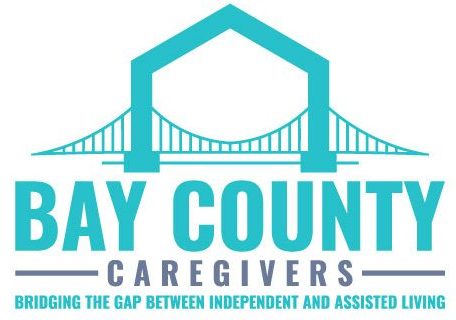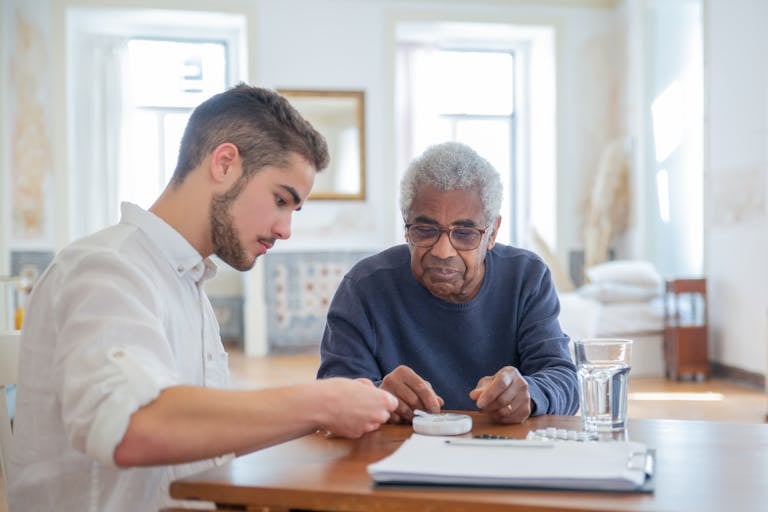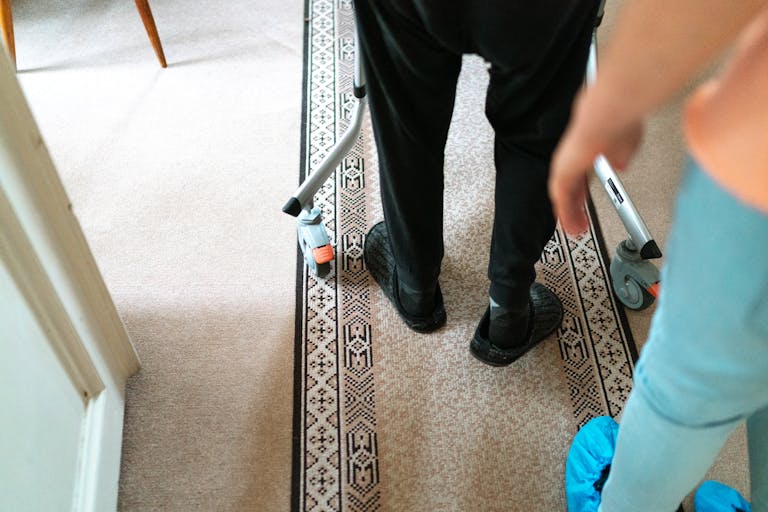Why is My Elderly Loved One Sleeping So Much?
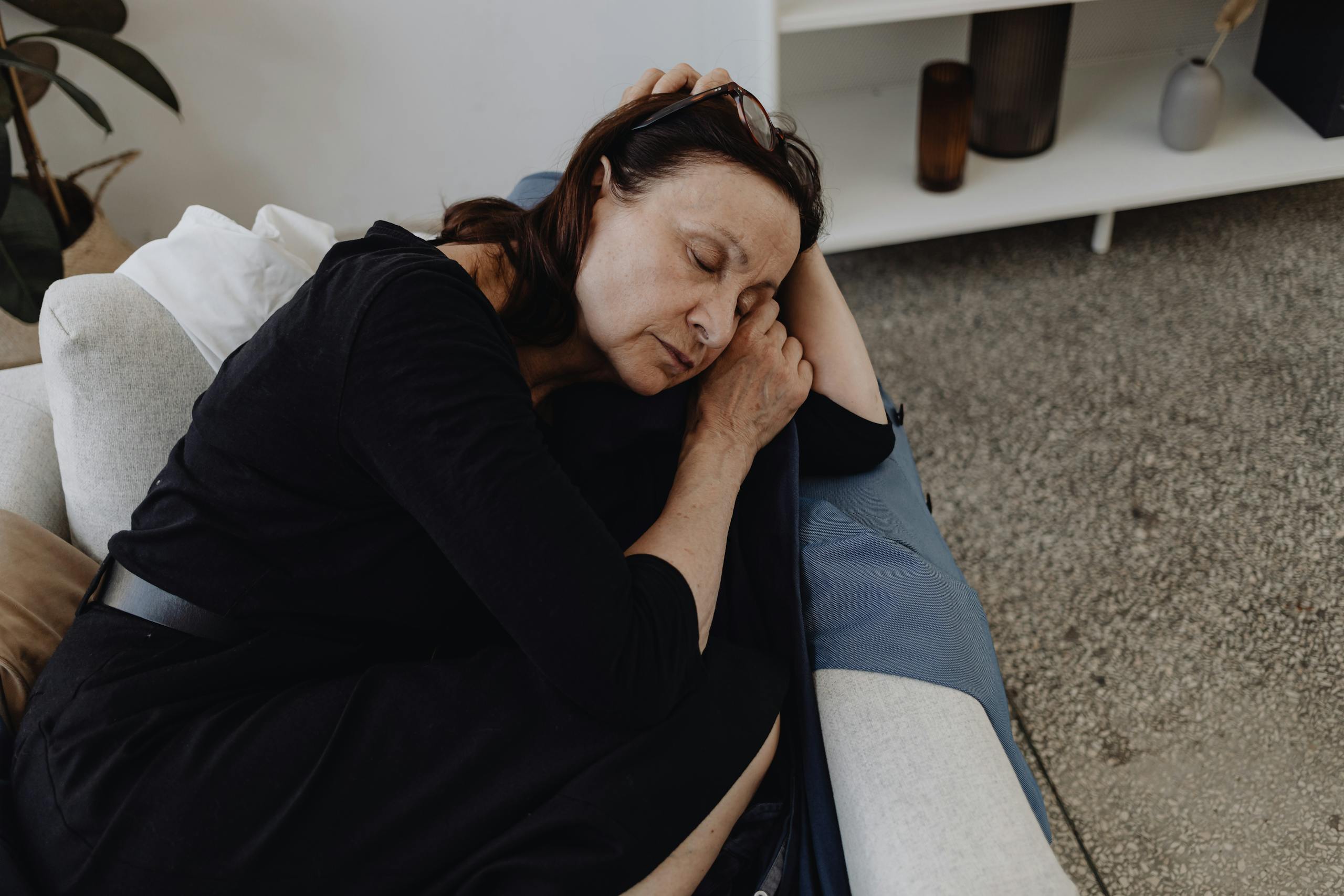
Why Is My Elderly Loved One Sleeping So Much?
Seeing an elderly loved one sleep for most of the day can be concerning, but it’s not an uncommon issue. Understanding the reasons behind excessive daytime sleep can help you better support their health and well-being. Here are some common factors that might explain why your elderly loved one is sleeping more than usual:
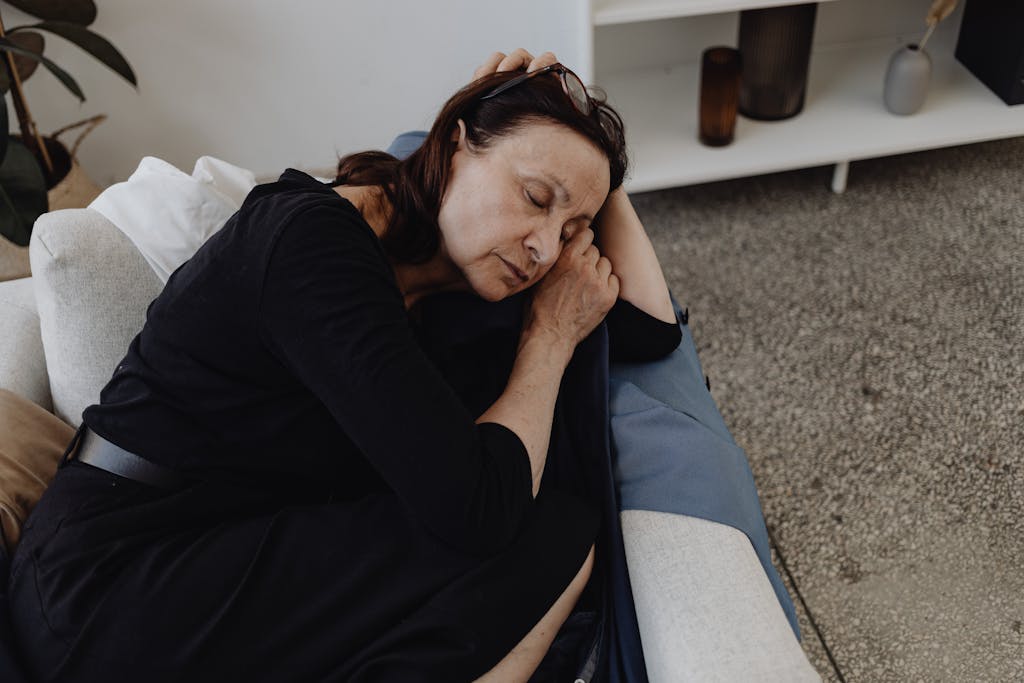

Age Related Changes:
As people age, their sleep patterns naturally change. Older adults may experience lighter sleep, more fragmented sleep, and longer periods of daytime sleep. These changes are often a normal part of aging, but they can still affect overall alertness and activity levels.
Health Conditions:
Various health conditions can lead to increased sleepiness. Chronic illnesses such as heart disease, diabetes, or chronic obstructive pulmonary disease (COPD) can cause fatigue. Additionally, conditions like hypothyroidism or anemia can contribute to excessive sleepiness. If there’s a sudden change in sleep patterns, it’s essential to consult a healthcare provider to rule out underlying medical issues.
Medications:
Many medications prescribed for older adults can have sedative side effects. Pain relievers, antidepressants, and antihistamines, for example, might lead to increased drowsiness. Reviewing medications with a healthcare professional can help determine if adjustments are needed.
Sleep Disorders:
Disorders such as sleep apnea, restless leg syndrome, or insomnia can disrupt normal sleep patterns and lead to increased daytime sleepiness. If your loved one is experiencing difficulty sleeping at night, it might be helpful to explore treatments or seek advice from a sleep specialist.
Cognitive Decline:
Various health conditions can lead to increased sleepiness. Chronic illnesses such as heart disease, diabetes, or chronic obstructive pulmonary disease (COPD) can cause fatigue. Additionally, conditions like hypothyroidism or anemia can contribute to excessive sleepiness. If there’s a sudden change in sleep patterns, it’s essential to consult a healthcare provider to rule out underlying medical issues.
Depression:
Depression and other mood disorders can manifest as excessive sleeping. If your loved one seems unusually withdrawn or has lost interest in activities they once enjoyed, it’s important to address their emotional health. Professional counseling or therapy might be beneficial in these cases.
Lifestyle Factors:
Changes in daily routines or physical activity levels can also impact sleep. If your loved one has become less active, they might sleep more due to reduced energy expenditure. Encouraging light physical activity and engagement in stimulating activities can help regulate sleep patterns.

Environmental Factors:
The sleep environment plays a crucial role in sleep quality. A room that’s too warm, too cold, or not conducive to restful sleep can affect how much a person sleeps. Ensuring a comfortable and quiet sleep environment can make a significant difference.
If you’re concerned about your elderly loved one’s excessive daytime sleep, it’s important to approach the situation with compassion and seek medical advice. A healthcare provider can help diagnose any underlying issues and recommend appropriate interventions. In the meantime, maintaining a supportive and understanding environment can help your loved one navigate their changing sleep patterns and continue to enjoy a good quality of life.
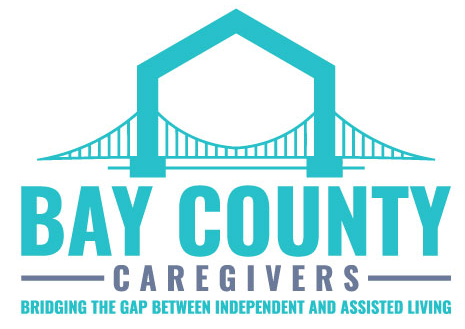
Contact Us
